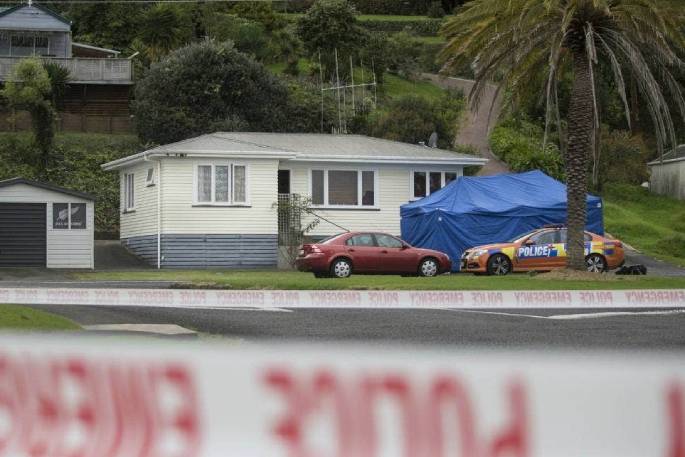Whether a Waikato District Health Board psychiatrist was remiss in his care of a mentally unwell man shot by police in a suburban street in Thames has become the focus of the lengthy coroner's inquest.
Vaughan Te Moananui, 33, was killed by police following a brief stand-off in a Thames street, about lunchtime on May 4, 2015, after he refused to put down the gun he was carrying.
The inquest into his death was opened in October 2019, and following those earlier hearings Coroner Michael Robb issued an interim ruling finding Te Moananui's care was not adequate.
However, more hearing time was required because the psychiatrist challenged Robb's criticisms of him.
The inquest earlier heard that Te Moananui had a long history of poor mental health, including schizophrenia, and had been admitted to psychiatric facilities multiple times. He had also been prosecuted for violent offending when unwell.
Risk factors identified on his most recent discharge from the Henry Rongomau Bennett Centre in Hamilton, about a year before his death, included isolation, alcohol consumption and not being appropriately medicated.
It was recommended he start a drug and alcohol programme and be closely monitored, but this never happened.
Instead, he moved out of his parents' home, began living alone, started drinking alcohol and massively reduced the dose of the anti-psychotic he was taking because it made him feel drowsy.
The psychiatrist, whose name has been suppressed, approved the dosage reduction as he felt Te Moananui was doing well.
The hearing resumed with Dr Rees Tapsell, director of clinical services for mental health at the Waikato District Health Board, being cross-examined by assistant coroner Andrea Twaddle.
Tapsell described the care of people like Te Moananui as 'a difficult dance” for the team responsible for his ongoing care.
'The dance is often to try and encourage patients to take their medication, and also to minimise the dose.
”[However] it's impossible to do that without having a reasonable frequency of follow-up and increased corroboration from others.”
Twaddle asked about one instance when Te Moananui turned up to a meeting with his care worker with a black eye, which should have been a big red flag that all was not well.
'A black eye is an issue for concern,” Tapsell agreed.
'Would it be fair to say an opportunity was missed to engage with whanau?” the interlocutor asked.
'Yes, we all missed that opportunity,” Tapsell responded.
Earlier, he said: 'My expectation is where a psychiatrist is concerned about a patient, they make more of an effort to get corroborative information from other sources.”
Matthew McClelland, QC, who is acting for the psychiatrist, also cross-examined Tapsell, on lines of reporting and staffing levels of the 30-strong DHB team his client was a senior member of.
McClelland said the focus should not be solely on the psychiatrist, but rather the wider situation and others who were involved in his care.
Jacinda Hamilton is acting for the police at the hearing, while Arama Ngapo is acting for the family of Te Moananui.



0 comments
Leave a Comment
You must be logged in to make a comment.